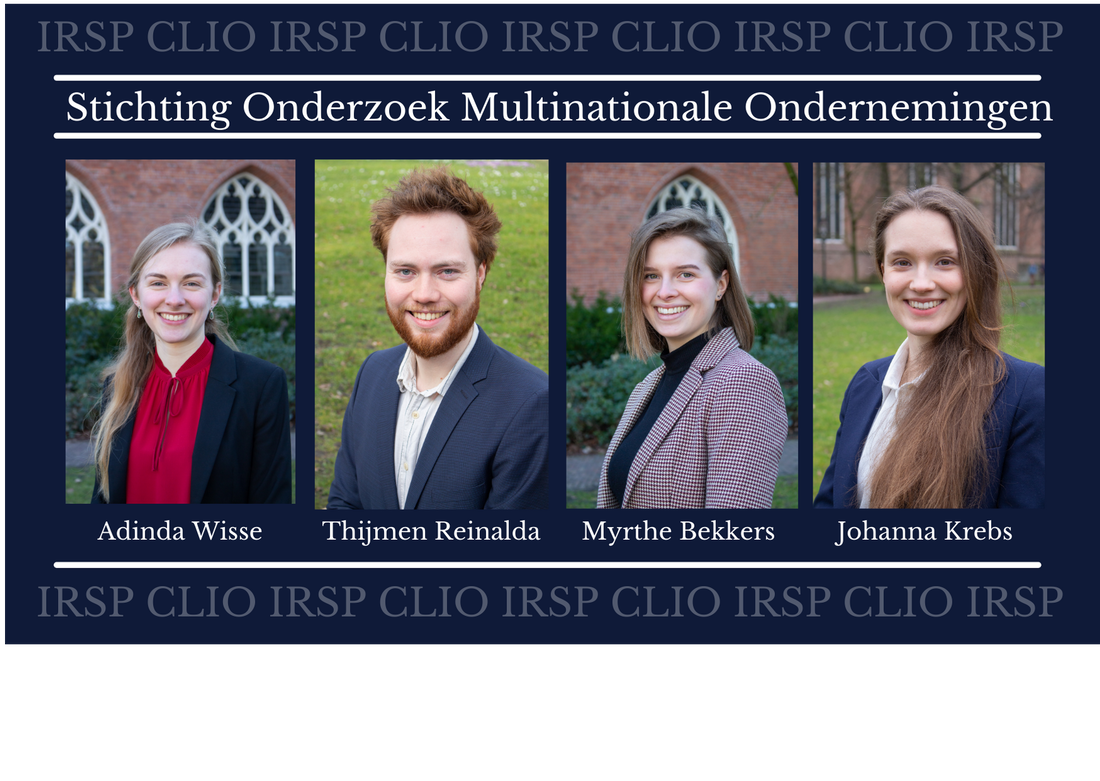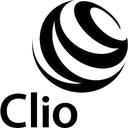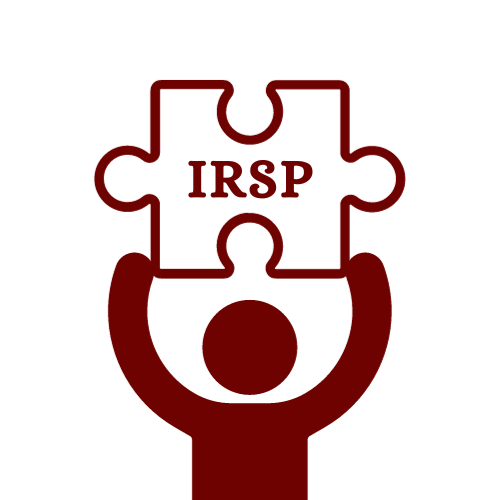SOMO is an independent think-tank founded in 1973 which studies effects of multinationals on the environment and society. Their research focuses on the development of strategies related to social issues and sustainable development.
Within the Organisation for Economic Co-operation and Development (OECD) countries have been working on reforms of the international tax system since 2013. The OECD has obtained this mandate from the G20. In 2015, this resulted in the BEPS action plan. For several years, countries, again within the OECD, have been working on a new action plan which addresses multinationals in the digital industry.
This so-called BEPS 2.0 project aims to reform the international tax system in order to better distribute taxation rights among the activities of multinationals. (1) A goal of the BEPS 2.0 project is to subject multinationals to a minimum profit tax.(2) The BEPS 2.0 project also aims to redistribute tax rights of countries with regard to the activities of multinationals active in the digital economy, in order to achieve a more balanced distribution of tax revenues worldwide.
To create broader support, primarily among developing nations, the OECD established the Inclusive Framework in 2016. One hundred thirty-five countries are currently involved in this framework. Among them are nations with great economic potential such as Indonesia, Kenya and Nigeria.
To what extent is one of these countries able to influence the process and what are their interests?
Do they cooperate with other "peers"? Moreover, what is the participation of NGOs in these countries and in this process, and what is the regulatory framework? How do these things manifest themselves?
Approximately 60% of the time will be spent on desk research, and 40% of the time will be spent on interviews. The first phase of the desk research includes information collection regarding the BEPS 2.0 process through interviews. Questions to take in mind would be what the BEPS process is about, what the position and interests of developing nations are in this process and how the influence is regulated under the articles of association. Phase two of the research concentrates on the influence of developing nations through the inclusive framework on the international process. A great deal of information collection will be done through interviews.
Within the Organisation for Economic Co-operation and Development (OECD) countries have been working on reforms of the international tax system since 2013. The OECD has obtained this mandate from the G20. In 2015, this resulted in the BEPS action plan. For several years, countries, again within the OECD, have been working on a new action plan which addresses multinationals in the digital industry.
This so-called BEPS 2.0 project aims to reform the international tax system in order to better distribute taxation rights among the activities of multinationals. (1) A goal of the BEPS 2.0 project is to subject multinationals to a minimum profit tax.(2) The BEPS 2.0 project also aims to redistribute tax rights of countries with regard to the activities of multinationals active in the digital economy, in order to achieve a more balanced distribution of tax revenues worldwide.
To create broader support, primarily among developing nations, the OECD established the Inclusive Framework in 2016. One hundred thirty-five countries are currently involved in this framework. Among them are nations with great economic potential such as Indonesia, Kenya and Nigeria.
To what extent is one of these countries able to influence the process and what are their interests?
Do they cooperate with other "peers"? Moreover, what is the participation of NGOs in these countries and in this process, and what is the regulatory framework? How do these things manifest themselves?
Approximately 60% of the time will be spent on desk research, and 40% of the time will be spent on interviews. The first phase of the desk research includes information collection regarding the BEPS 2.0 process through interviews. Questions to take in mind would be what the BEPS process is about, what the position and interests of developing nations are in this process and how the influence is regulated under the articles of association. Phase two of the research concentrates on the influence of developing nations through the inclusive framework on the international process. A great deal of information collection will be done through interviews.



